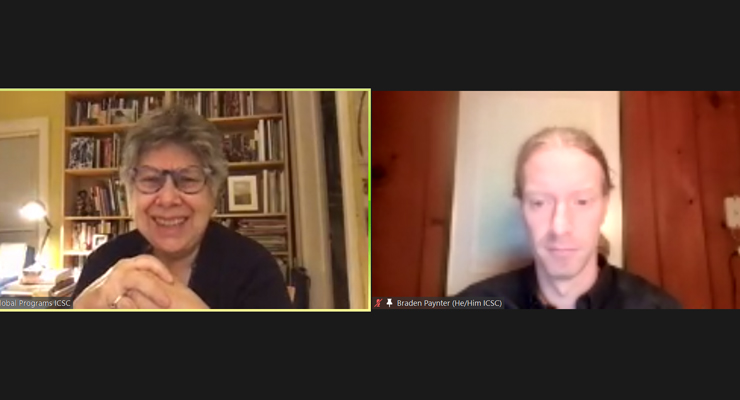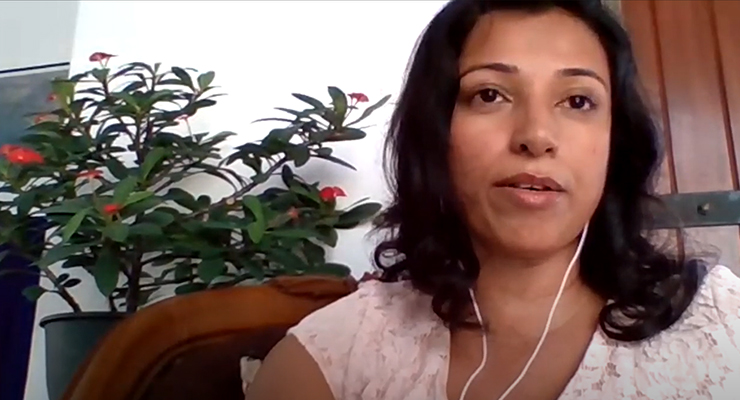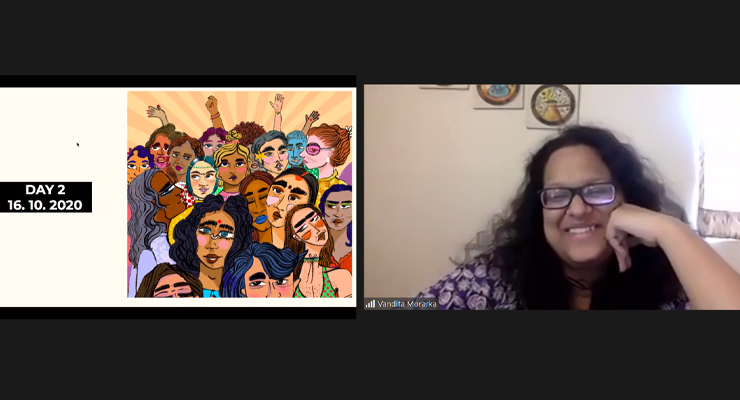Civil society workers came together at the workshop with the facilitation of International Coalition of Sites of Conscience Global Networks Program Director Linda Norris and Methodology and Implementation Director Braden Paynter on 9,11 and 13 November 2020. For three days, participants discussed how historical and political narratives are influenced by power relations and how the monuments, where these narratives are symbolized, can be reinterpreted.
On the first day of the workshop, the civil society workers talked about the challenges in the fields of work and discussed the roots of discrimination and how the power relations affect their work. They talked about the forms of power that shaped the narrative through history, art and media, and how to create alternative narratives. Braden Paynter mentioned that narratives and power interact in four ways. Voice (from whose point of view the narrative), scope (geographic and temporal boundaries), centrality (what is left in the dark in the story), and agency (who has the power to act in the story).
On the second day, the workshop facilitators talked about the method for analyzing the narratives and the historical truths. They share four different ways: forensic, social, personal and reconciliatory truth.
On the last day of the workshop, historical monuments were discussed. Facilitator Linda Harris stated that the symbolic value of the monuments in the classical sense has transformed today. As a common language in the society it has changed due to the social dynamics. Harris also shared different examples of monuments all around the world and mentioned that they can also include ritual, interpretive, anchoring, orienting and contested spaces.
Please click here to learn more about International Coalition of Sites of Conscience.

This project is funded by the European Union.





